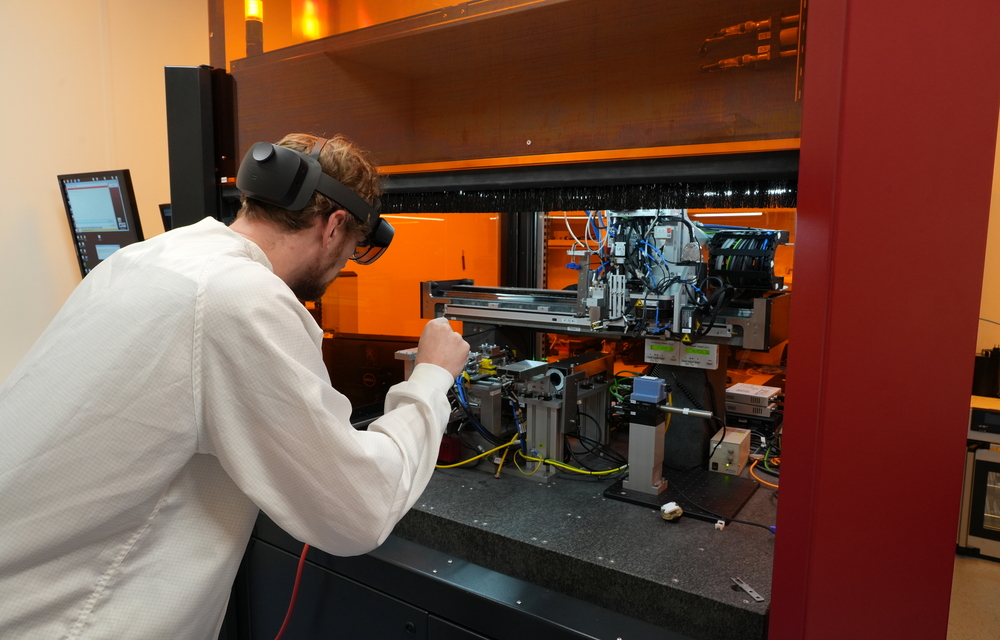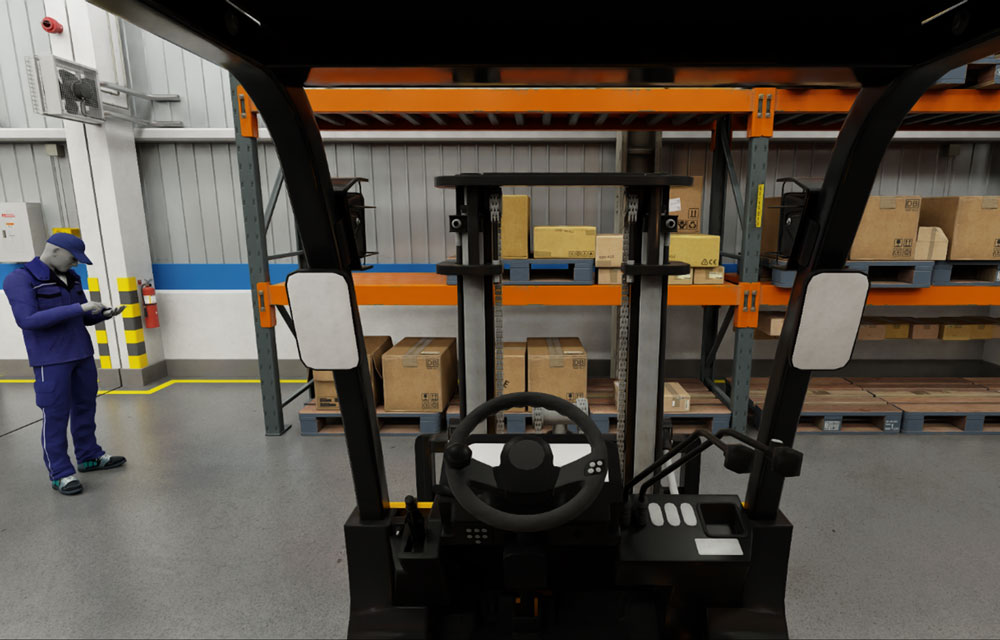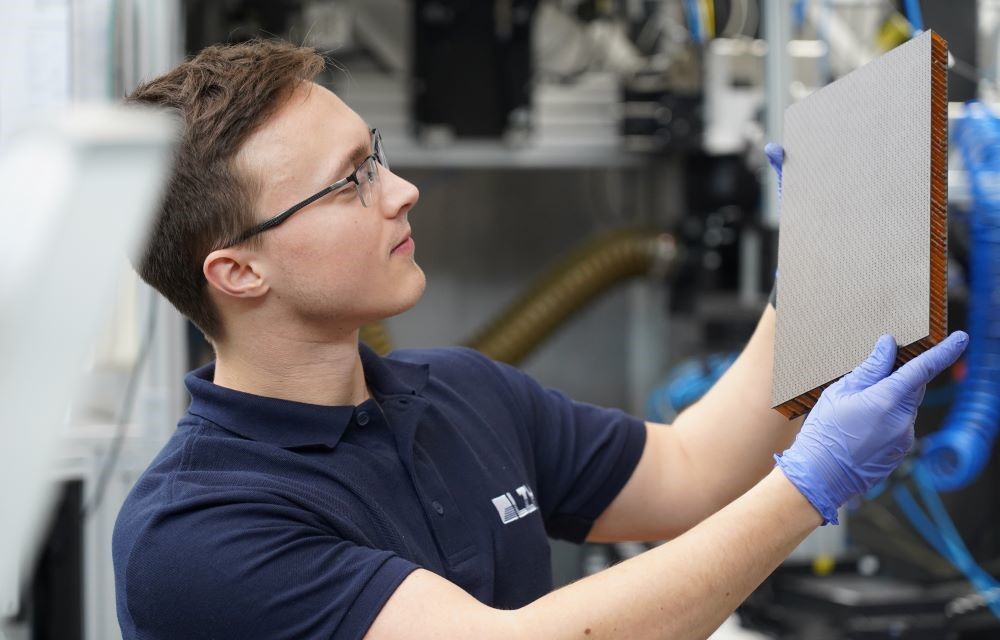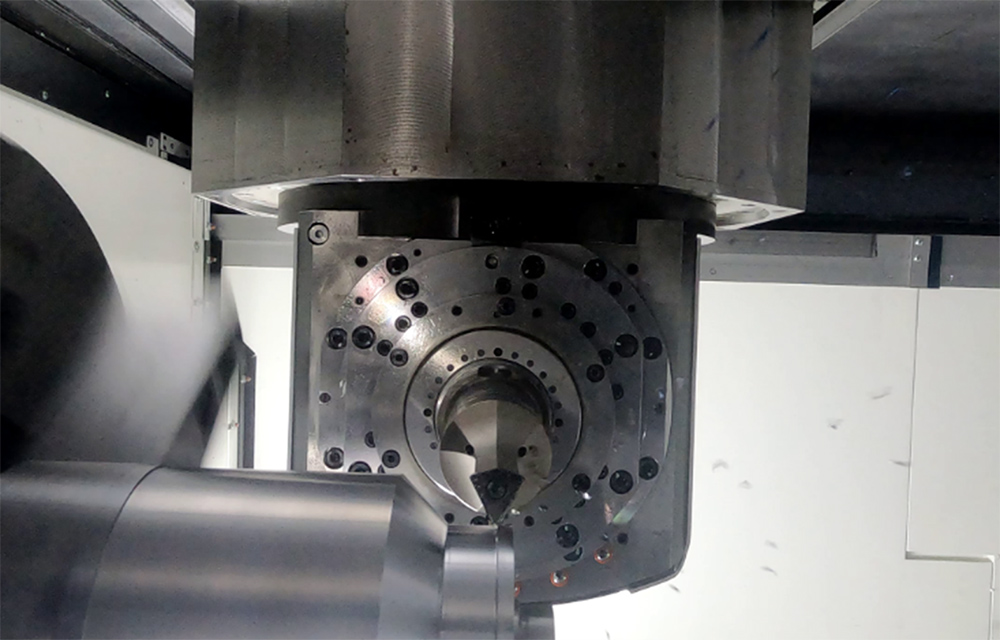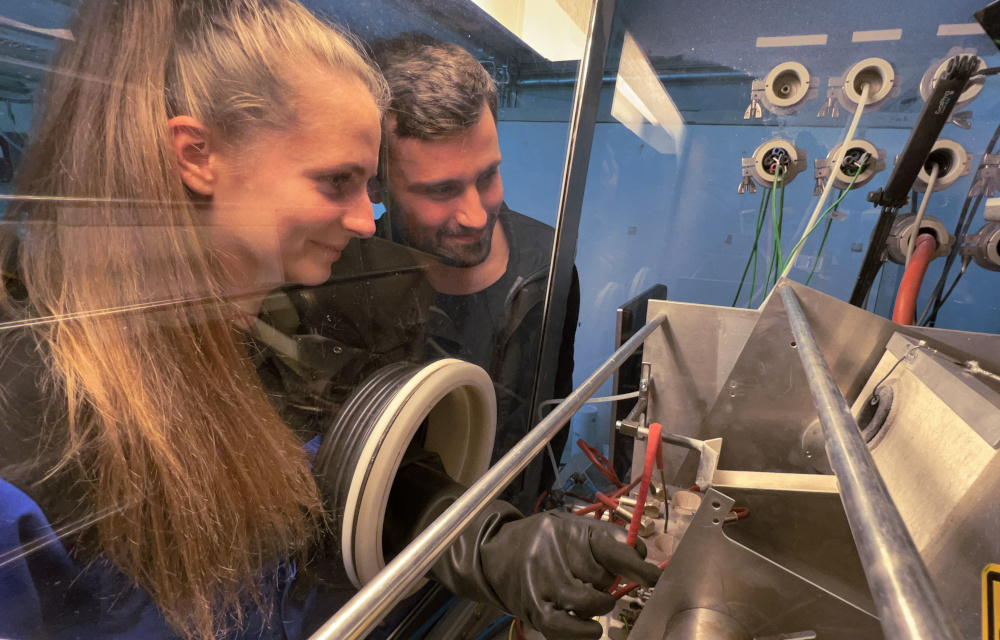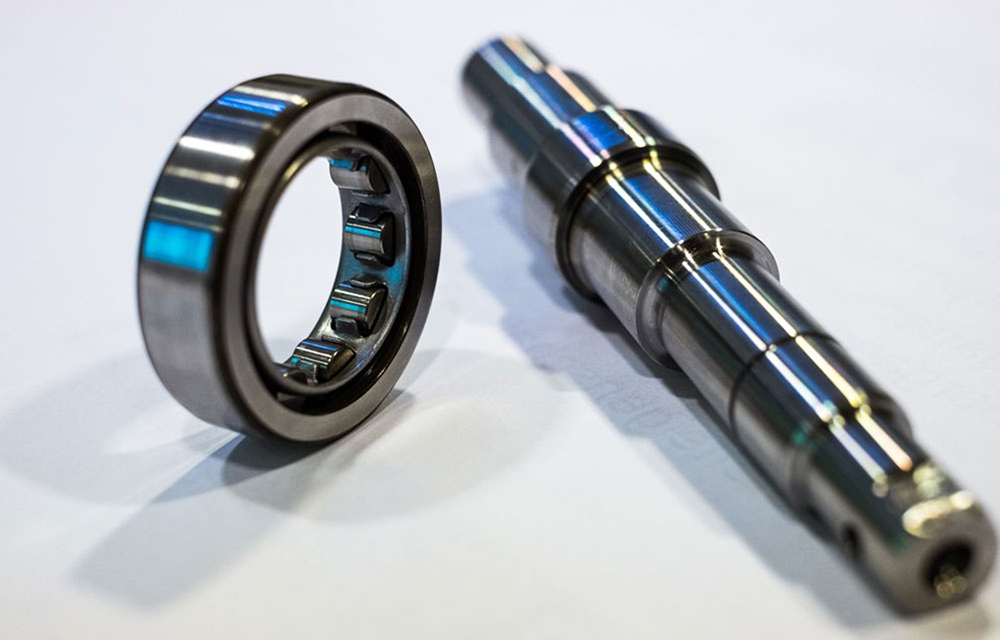Research
The future of production technology
- Research
match | In micro assembly, components are assembled with an accuracy of just a few micrometres. Programming micro assembly robots requires a high level of specialist knowledge. match is therefore researching intuitive methods for programming and knowledge transfer.
- Research
IPH | ITA | Automated industrial trucks master difficult driving situations worse than humans – for now. New approaches based on artificial intelligence (AI) are intended to replicate human driving behavior and give automated systems more flexibility.
- Research
ITA | How can belt conveyor systems be optimised through the use of driving idlers (AT) and can this be simulated? Scientists at the Institute of Transport and Automation Technology (ITA) are investigating this question.
- Research
LZH I With lasers, holes can be drilled quickly and automatically. Laser drilling facilitates the processing of materials such as carbon fiber-reinforced plastics (CFRP) and is thus an attractive alternative to mechanical drilling processes in lightweight construction.
- Research
IMPT | The Institute of Micro Production Technology (IMPT) is developing plastic-based transformers and inductors for use in electric cars to help reduce greenhouse gas emissions. The project is funded by the European Union.
- Research
IFW | 3-axis simultaneous turning allows the production of complex contours with a single tool. To take full advantage of this, the IFW is developing a simulation-based approach for path planning to improve tool loading and chip breaking.
- Research
IW | In future, production processes will be able to run without the disruptive influence of oxygen. The Institute of Materials Science (IW) is using this to produce efficient new heat sinks with more than a hundred times higher thermal conductivity compared to previous coolers.
- Research
ITA | Small cosmic bodies such as comets and asteroids are being researched in the Einstein-Elevator by simulating different gravitational conditions. The joint project is being carried out by scientists from Braunschweig and Hannover.
- Research
IFA | How can intelligent agents be used in production control? What potential does artificial intelligence (AI) offer in the production process? This is what the Institute of Production Systems and Logistics (IFA) is researching in the Collaborative Research Center “Tailored Forming” (SFB 1153).
